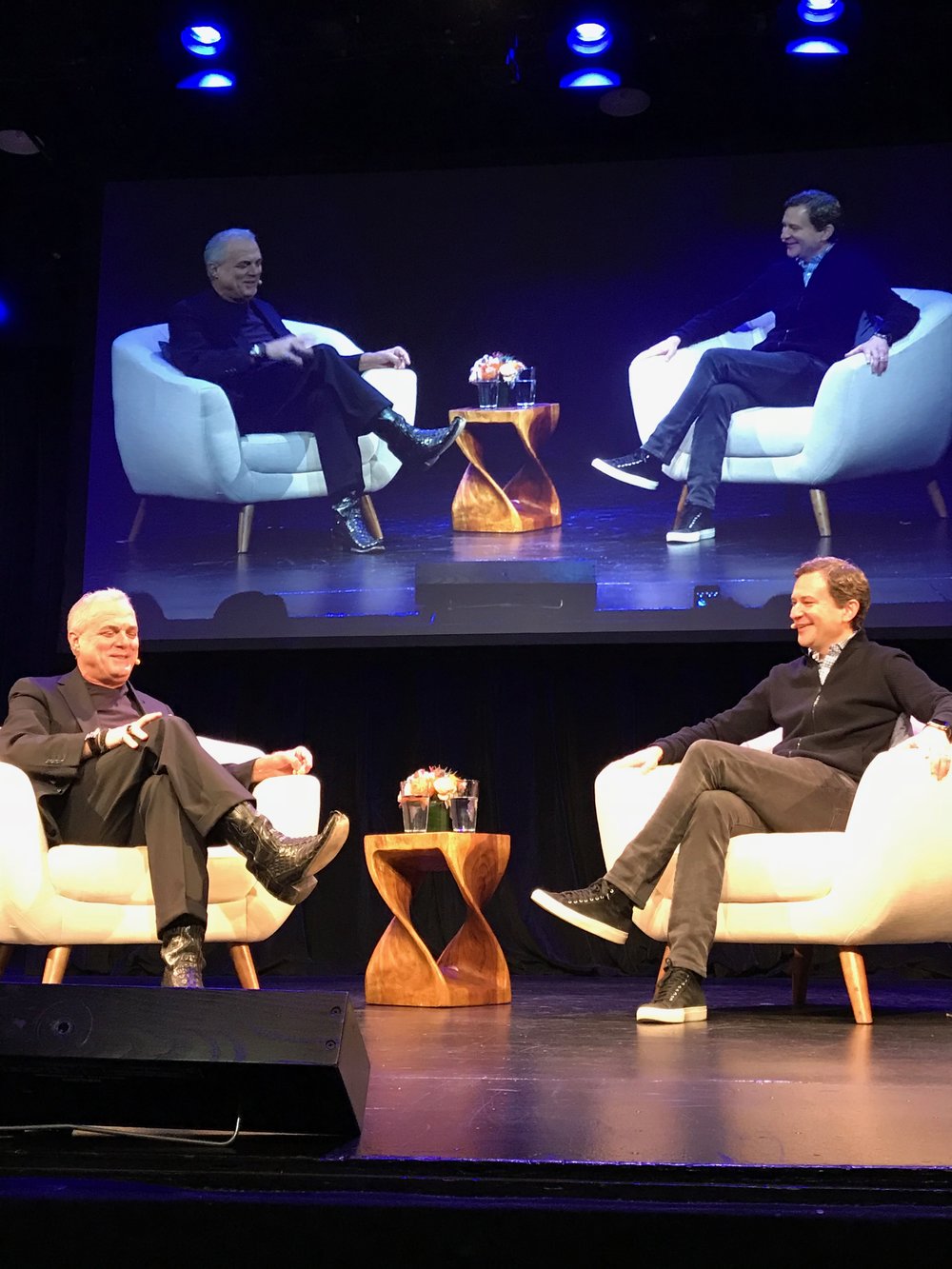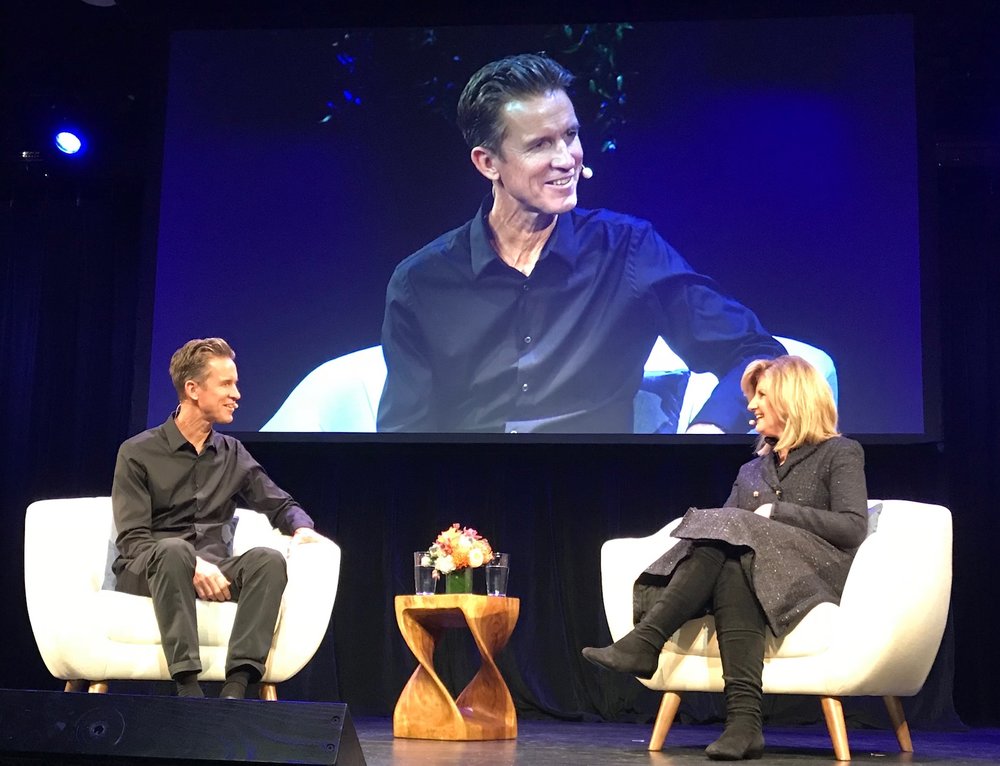When it comes to habits, we have some keepers, our good practices, and those less desirable or bad ones we’d like to see gone. Maintaining good ones and altering bad ones can be challenging. However, with some help and understanding about the science of habit formation and habit loops, it’s possible to make the changes you want. When I think about my positive habits, they include meditating daily, walking in nature, and staying organized. Some of my less desirable habits are not getting enough exercise, eating too many sweets, and not planning meals. Can you relate to any of these?
There are two authors I’ve featured on the blog who wrote insightful and inspiring books about habit change. To learn more, click on the links below:
The Power of Habit by Charles Duhigg
Atomic Habits by James Clear
If you need help letting go of your bad habits, begin here. The folks at Quill just released an easy-to-understand infographic How to Reframe Bad Habits to Boost Your Productivity (see below) based on Charles Duhigg’s book The Power of Habit. The graphic concisely explains habit formation, habit change, and the three habit loop components- cue, routine, and reward. It also highlights the most common habits that can negatively affect your productivity and what to do about them.
How to Reframe Bad Habits to Boost Your Productivity | Quill.com
As Charles Duhigg says,
“Transforming a habit isn’t necessarily easy or quick. It isn’t always simple. But it is possible. And now we understand how.”
Have you had success or challenges with habit change? Have you ever enlisted help to change a habit? I’d love to hear your thoughts. I invite you to join the conversation.



















